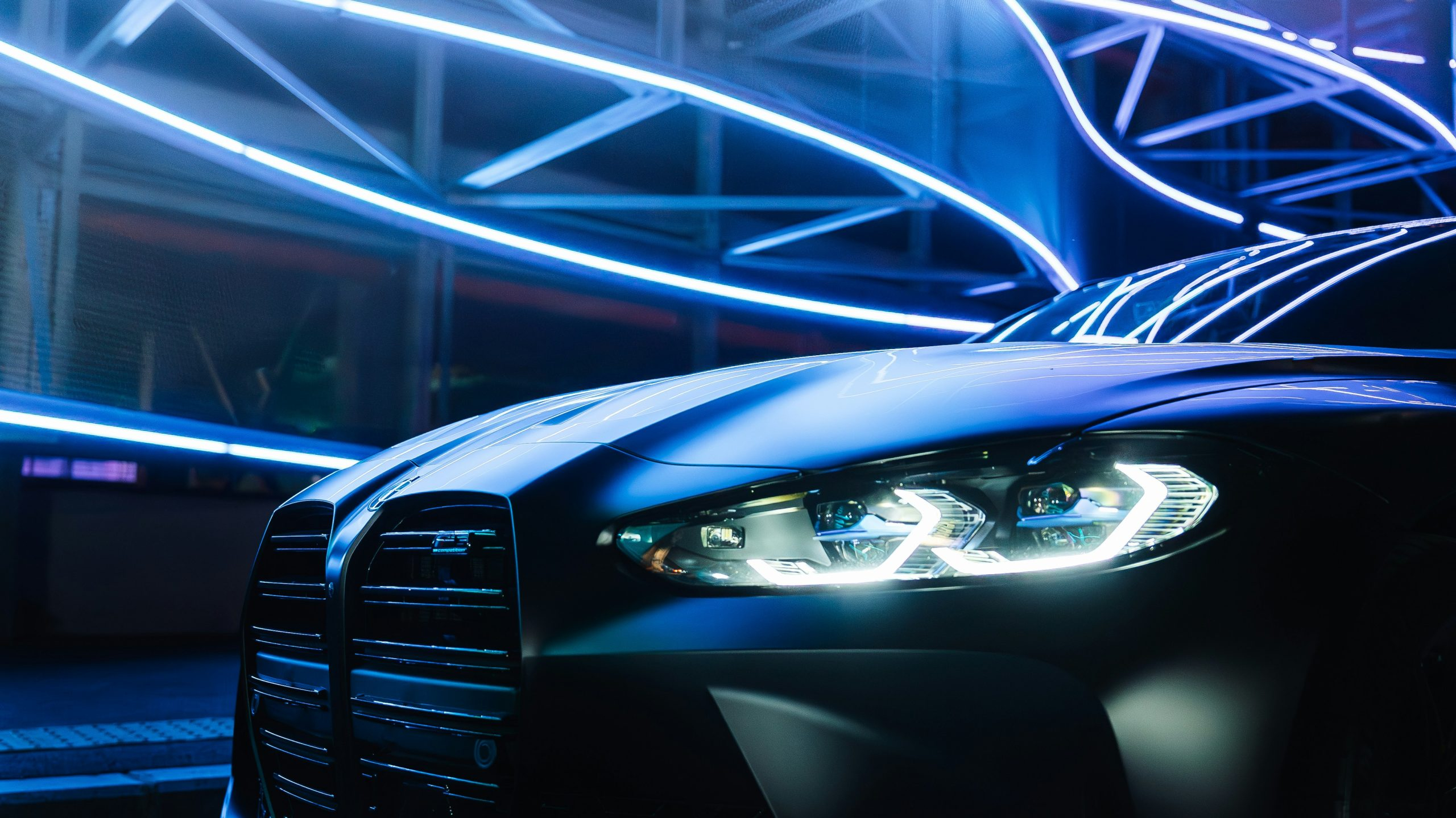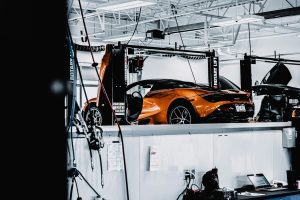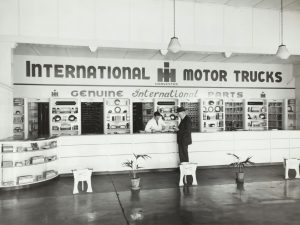Luxury Brands Enter the Electric Vehicle Market
The automotive industry is no stranger to disruption. For decades, innovative technologies and changing consumer preferences have shaped the landscape of the market. Over the years, we’ve seen the rise of electric vehicles (EVs) as a promising alternative to traditional gasoline-powered cars. And now, luxury brands are taking notice and making moves to enter the electric vehicle space. This is a significant shift that could potentially redefine the industry as we know it. Let’s explore the reasons behind luxury brands’ interest in EVs and what it means for the future of the market.
The Importance of Sustainability in the Luxury Market
Sustainability has become a key focus for luxury brands in recent years. With increased awareness of climate change and environmental issues, consumers are becoming more conscious of their purchasing habits, including the products they buy and the companies they support. As a result, luxury brands are under pressure to incorporate sustainable practices into their operations and products to meet the demands of their eco-conscious customers.
In the automotive industry, one way to address sustainability concerns is by offering electric vehicles. As the world transitions to cleaner energy sources, luxury car manufacturers are finding it necessary to adapt and cater to this growing market trend. By developing and selling EVs, luxury brands can not only meet sustainability standards but also tap into a new and potentially lucrative customer base.
The Advantages of Electric Vehicles for Luxury Brands
Aside from the eco-friendly nature of electric vehicles, there are several other advantages for luxury brands to enter the EV market. One of the most prominent benefits is the potential for increased market share. With the rise of electric vehicles, luxury brands have the opportunity to appeal to a broader audience beyond their traditional customer base. This could result in increased sales and revenue for these brands.
Moreover, electric vehicles present an opportunity for luxury brands to showcase their technological capabilities. EVs are considered cutting-edge and innovative, and luxury brands are known for their exceptional craftsmanship and advanced technology. By entering the EV market, these brands can further solidify their image of being at the forefront of innovation and attract tech-savvy customers.
Challenges for Luxury Brands in the EV Market
While there are clear advantages for luxury brands to enter the electric vehicle market, there are also challenges that come with this shift. The main issue is the high cost of developing and producing EVs. Luxury cars, by definition, are expensive, and adding electric technology only adds to the financial burden. In order to make a profit, luxury brands will have to carefully balance the cost of producing these vehicles with the price they charge consumers.
Another challenge is the competition from established EV brands.
While luxury brands have a loyal customer base, they will still have to compete with other established EV manufacturers, such as Tesla and Nissan, who have been in the market for much longer. These companies have a head start in terms of technological advancements and brand recognition, making it difficult for luxury brands to catch up.
The Future of Luxury Vehicles
The entrance of luxury brands into the electric vehicle market is a clear indication of the direction in which the industry is heading. As consumer preferences shift towards sustainable options, we can expect to see more luxury brands expanding their offerings to include electric vehicles. This change could potentially lead to a decrease in the production and sales of traditional gasoline-powered luxury cars, as well as a shift in the perception of what is considered a luxury vehicle.
In conclusion, luxury brands entering the electric vehicle market signifies a major shift in the automotive industry. It not only reflects the growing demand for sustainable products but also highlights the importance of innovation and adaptation in a constantly evolving market. As we move towards a more eco-friendly future, it will be interesting to see how luxury brands continue to incorporate electric vehicles into their product offerings and how this will impact the luxury car market as a whole.










